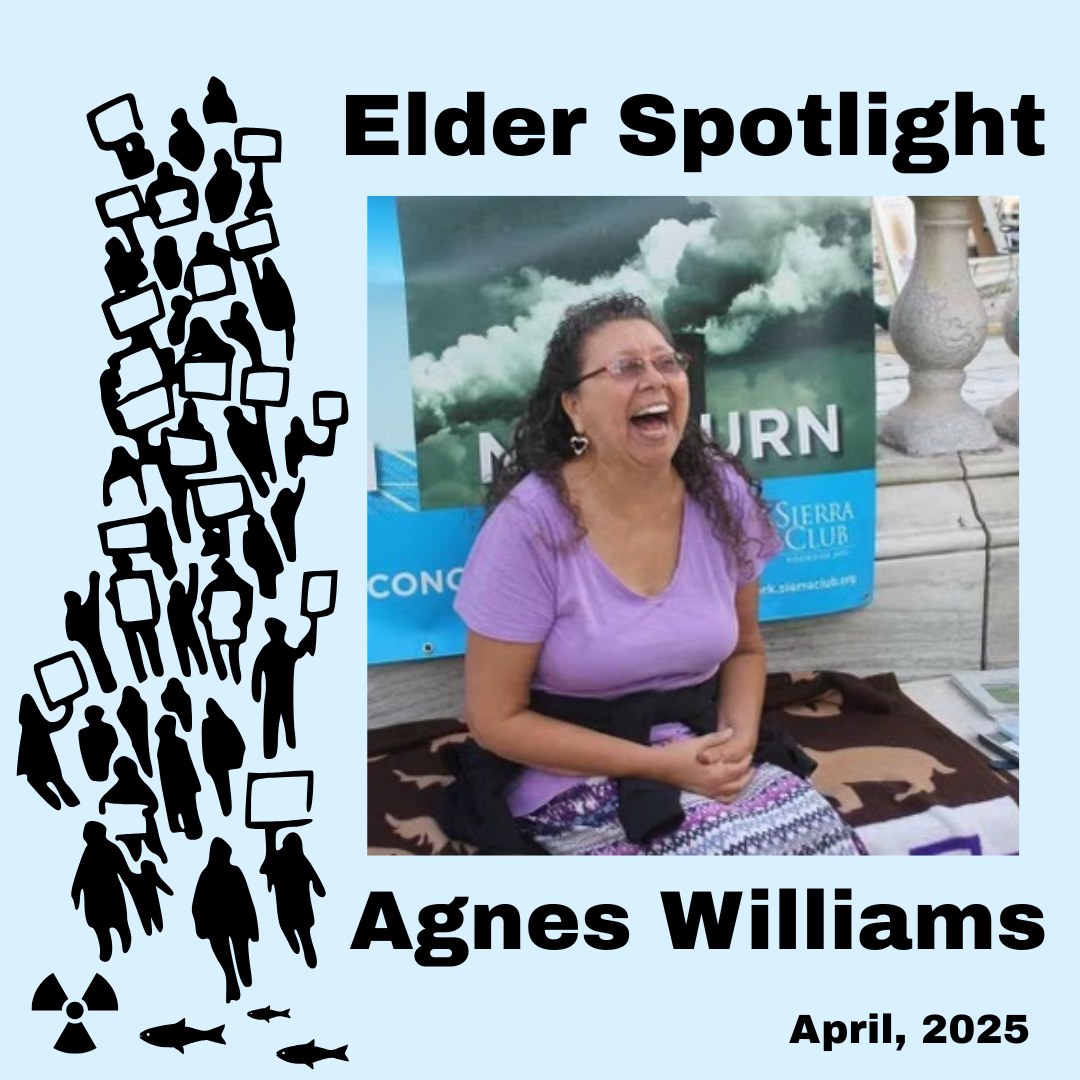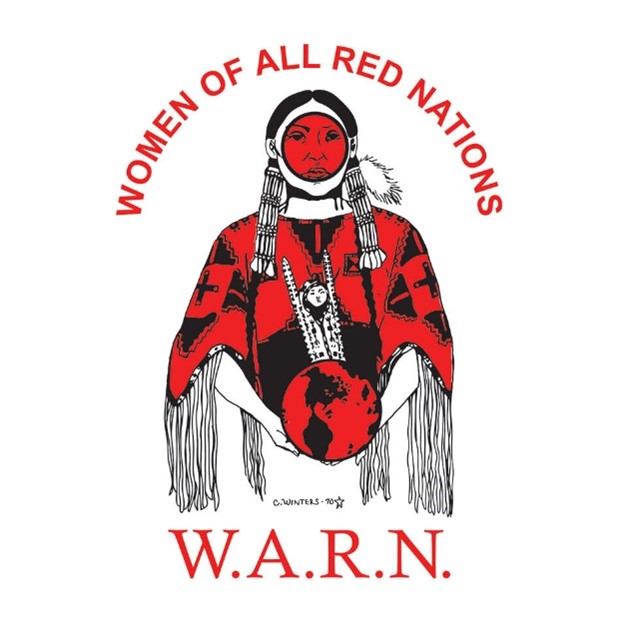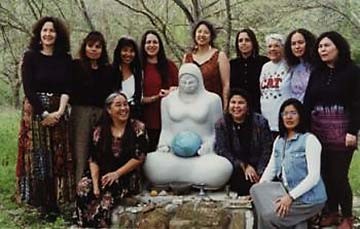Photo credit: Jay Burney.
April marks Earth month but for the Hodínöhšö:ni:h people every day is Earth Day. This is especially true for our April Elder of the month, Agnes Williams, Onöndowaʹga:ʹ [Seneca], gotá:yö:nih [She’s of the wolf clan]. Agnes is a mother of three and Grandmother of eight enrolled Seneca. As an activist, social worker, and founding mother of Indigenous Women’s Network she has helped to bring Indigenous issues to the forefront globally, nationally, and locally.
Growing up downstream of the West Valley Nuclear Waste site near Silver Creek, NY in a politically active family full of empowered women, Agnes was destined to take a stand for environmental and women’s rights. Additionally, growing up on the Cattaraugus Territory and attending the Thomas Indian School, Agnes was exposed to prominent issues impacting Indigenous people. Her trajectory towards becoming an inspiring and knowledgeable activist gained full momentum in pursuit of social work.
Studying Social Work at Syracuse University, when there was only two other Hodínöhšö:ni:h with master’s in Social Work in NY state was not without its challenges. It was through the support of her parents, those two social workers- Elma Patterson (Tuscarora) and Mariel Lewis (Oneida)- and people like Dr. Walter M. Higley that got her through completing her master’s degree. Agnes shared with us how studying social work on the community organization and social planning path, receiving education from the best professors and attending a very liberal school at the time of the Vietnam War draft had a deep impact on her life.
Just as impactful if not more, was Agnes’s 1975 big move to Oakland, California to work for Urban Indian Child Resource Center. There she was mentored by many professional and successful nurses like Dr. Jenny Joe (Navahi), social workers (Tilly Walker and Phyllis Cross, both Mandan/Arikara/Hadatsa), and advocates. During her time at the Urban Indian Child Resource Center, she helped establish the Bay area Interagency that identified 60 different native organizations that supported all areas of life from education and health to athletics in response to a mass relocation of Indigenous youth from boarding schools and reservations to urban areas.
The San Francisco Bay Area of California was also a political hotspot with anti-war protests as well as Peace and Civil Rights Movements frequenting the area. Adding to the mix of political activity was the fact that 75% of the Native American population that was relocated to the Bay area were under 30- young and ready to fight for their rights. Agnes stood among them participating in the 1978 longest walk after learning about the 1973 Occupation of Wounded Knee and would experience the different land struggles of Natives from urban, suburban, and reservation/rural communities. Then, in 1979 Agnes was on the founding committee of Women of All Red Nations (WARN) in Rapid City, South Dakota. Hearing real stories from real people made Agnes realize that the personal is political and the political is personal.
For example, Agnes learned about the dangers of the nuclear chain and made the connection that increased cancer rates in her own neighborhood back on Cattaraugus Territory was likely due to the nuclear runoff that was carried into the Cattaraugus creek from the West Valley Nuclear Waste site; giving her a deeper understanding of how the personal is political. She first learned of the nuclear chain during the Wounded Knee Occupation, since one of the main concerns regarded plans of making the Badlands, Native sacred land, into a nuclear waste site. Agnes also took to heart activist’s Winona LaDuke (Anishinaabe) statement on how Native people are at the beginning and the end of the nuclear chain- from the consequences of the uranium mining to the consequences of nuclear war and waste disposal.
Agnes saw the connection of the environment to human rights, and particularly to women’s rights. Influenced by Janet McCloud’s (Tulalip) sharing of the Hopi prophecy, Agnes helped establish the Indigenous Women’s Network (IWN)- Austin, Texas. In the prophecy it is stated that there would come a time when all life is on earth is threatened and Women would rise up because of their deep connection to the Earth as life-givers and providers.
IWN hosted four Sustainable Community gatherings centered on women’s local work with cutting edge leaders teaching self-sufficiency. Agnes was one of the Editor’s of IWN’s magazine- Indigenous Woman, is an Advisor to Alma de Mujer Retreat Center in Austin, TX, and currently serves as IWN’s liaison with the Indigenous Women’s Initiatives (IWI) in Buffalo, NY.
Upon returning home to Cattaraugus, to raise her children in her Longhouse community, Agnes would continue social work and activism. She worked in child welfare services, corrections, mental health, and mentored students from University of Buffalo School of Social Work. Agnes opened up to us how she felt the proudest of her work when she was making a real difference in the lives of her own community members and their families.
Regarding activism, Agnes would continue her volunteer work advocating for women’s, Indigenous, and environmental rights. In 2023, her dedication to justice led to the attainment of her Honorary Doctorate of Humane Letters from the State University of New York at Buffalo, out of their recognition of her life-long advocacy. Today, Agnes serves on the Advisory Board of the Indigenous Studies Archive project at the University of Buffalo.

Some of her work not previously mentioned includes, campaigning for “Water Is Life” and “Nuclear Free Future. She speaks out about the impact of nuclear waste in the Cattaraugus Creek as a member of the West Valley Action Network. Agnes was also appointed to the Seneca Nation Climate Change Task Force and served as an Erie County Climate Change Ambassador. As a former International Indian Treaty Council delegate to the 1984 United Nation Human Rights Commission, Agnes initiated her “Dismantling the Doctrine of Discovery” campaign and educated the public to adopt the 2007 Declaration on the Rights of Indigenous Peoples (UNDRIP).
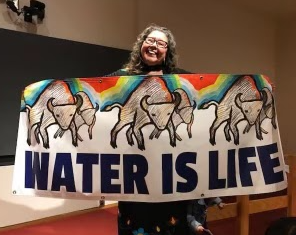
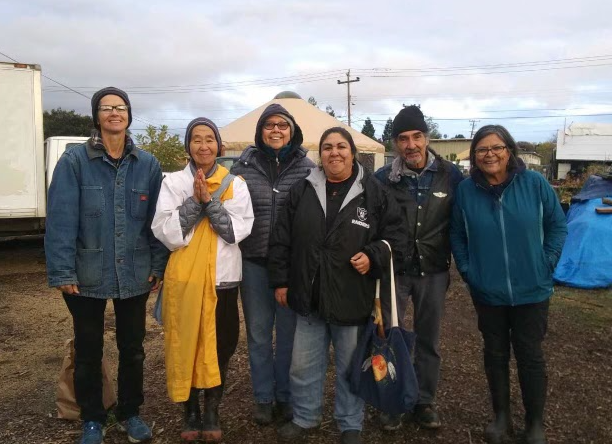
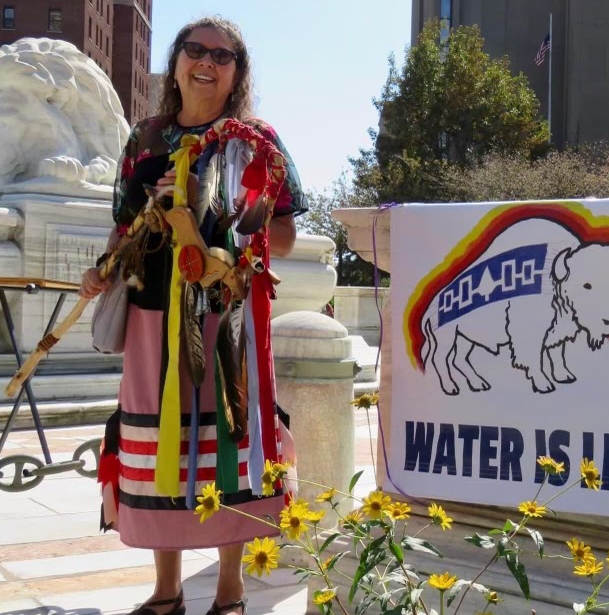
It is Agnes’s greatest hope that UNDRIP becomes a Convention of the United Nations, thus international law. This Declaration acts as a policy guide to Indigenous Peoples’ human rights based on 30 years’ worth of Indigenous perspectives. Agnes believes more groups, organizations, and governments can meet Indigenous needs as decided by the Peoples themselves in this document. Situational context may vary case-by-case basis, but the declaration is a strong starting guide.
Agnes hopes all people may feel confident in their Identity. One of our greatest challenges is feeling we are not enough or we are too much. Never feeling just right. When Agnes addresses a Native audience she likes to start by saying, “I am here to tell everyone they are just right the way they are”. She knows this from her belief in the “Great Mystery” from the Creation Story that we are “children f destiny”. The message is that the Great Mystery (also known as the Creator) doesn’t make mistakes, we are all just right. Through identity we find voice and spiritual strength to stand-up for our values.
Finally, in celebration of Earth month Agnes experienced a new film, “Sky Woman Women“. A beautiful documentary reflecting on the relationship between the creation story and Hodínöhšö:ni:h women. Through this film, watchers gain a greater understanding of women’s deep connection to Mother Earth as life givers and how our treatment of Mother Earth is rooted to our identity.
Nya:wëh Agnes for sharing your story and for advocating for a better tomorrow.


